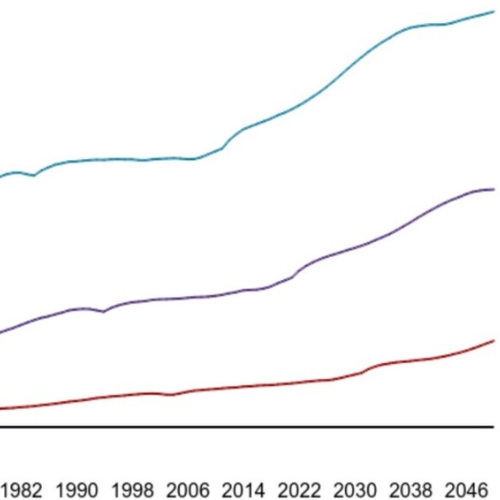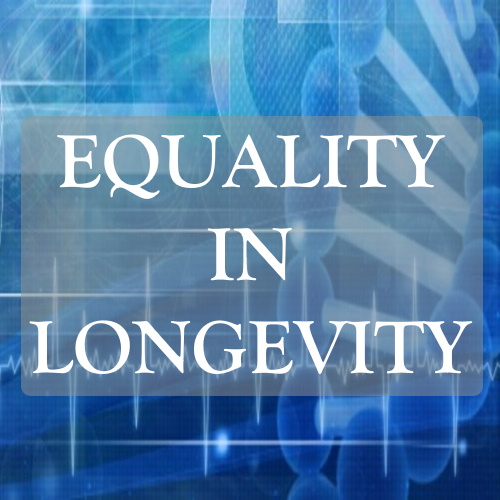Key points from article :
In recent years, the question of how long we can expect to live has become more complex than ever, especially in light of the COVID-19 pandemic. The Health Foundation's latest research sheds light on this issue, offering insights into the current state of life expectancy in the UK.
Decline in Life Expectancy Due to the Pandemic
The COVID-19 pandemic has had a profound impact on how long people in the UK are expected to live. Recent data shows that between the years just before the pandemic (2017-2019) and the early pandemic period (2020-2022), there was a noticeable drop in life expectancy. For men, the expected lifespan decreased by about 7 months, meaning on average, men are now expected to live up to 78.6 years. Women experienced a smaller decrease of about 4 months, with an average life expectancy now at 82.6 years.
This decrease in life expectancy can be directly linked to the higher number of deaths during the pandemic. COVID-19 has led to an increase in mortality rates, meaning more people were dying than would have been expected based on the trends before the pandemic. These figures reflect the immediate and significant effect of the pandemic on the overall health and longevity of the population in the UK. It's a stark reminder of the virus's impact, not just on individual health but on how long we, as a society, can expect to live.
Stalling Improvements Pre-Pandemic
Before the COVID-19 pandemic hit, the progress we were making in helping people live longer started to slow down. This means that the improvements in how many people die each year (mortality rates) were not as good as they used to be, which affected how long, on average, people were expected to live.
If things had kept improving at the rate they were before 2012, men born in 2022 could have expected to live 3.3 years longer than they can now. Similarly, women born in the same year would have been expected to live 2.5 years longer. In other words, we were on a path to living longer lives, but that progress stalled in the years leading up to the pandemic, and we're now seeing the consequences of this slowdown.
Persistent and Widening Inequalities
In the UK, not everyone has the same chance of living a long life, and this problem has gotten worse because of the pandemic. Before COVID-19, there was already a big difference in how long people could expect to live based on where they lived. Some places, especially wealthier areas, had higher life expectancies, while poorer areas and parts of the north of England had lower ones.
This gap in life expectancy has grown larger during the pandemic. Before the pandemic, the difference between the places with the longest and shortest life expectancies was about 7.4 years. But from 2020 to 2022, this gap increased to 8.7 years. This means that the pandemic has hit harder in areas that were already struggling, making the inequality in how long people live even more pronounced.
Revised Expectations for Future Life Expectancy
The way experts predict how long people will live has changed, especially for those born in recent years like 2020. A while ago, predictions made based on data from 2010 suggested that babies born then could expect to live up to 93 years. However, newer estimates have brought that number down. Now, it's believed that people born in 2020 will live to be about 89 years old. This means that the expectations for how long we might live have decreased over time, showing that these predictions can vary based on many factors, including health trends and changes in society.
Comparative Lag Behind Other Nations
When we compare the UK to other developed countries, we find that people here tend to live shorter lives. This means there's a lot of room to make things better. To help everyone live longer, experts suggest focusing on reducing the health differences between the rich and the poor. They also recommend improving basic things that affect our health, like making sure everyone has enough money to live on, good places to live, and decent jobs. These are areas where the government can take action to help boost how long people in the UK can expect to live.






